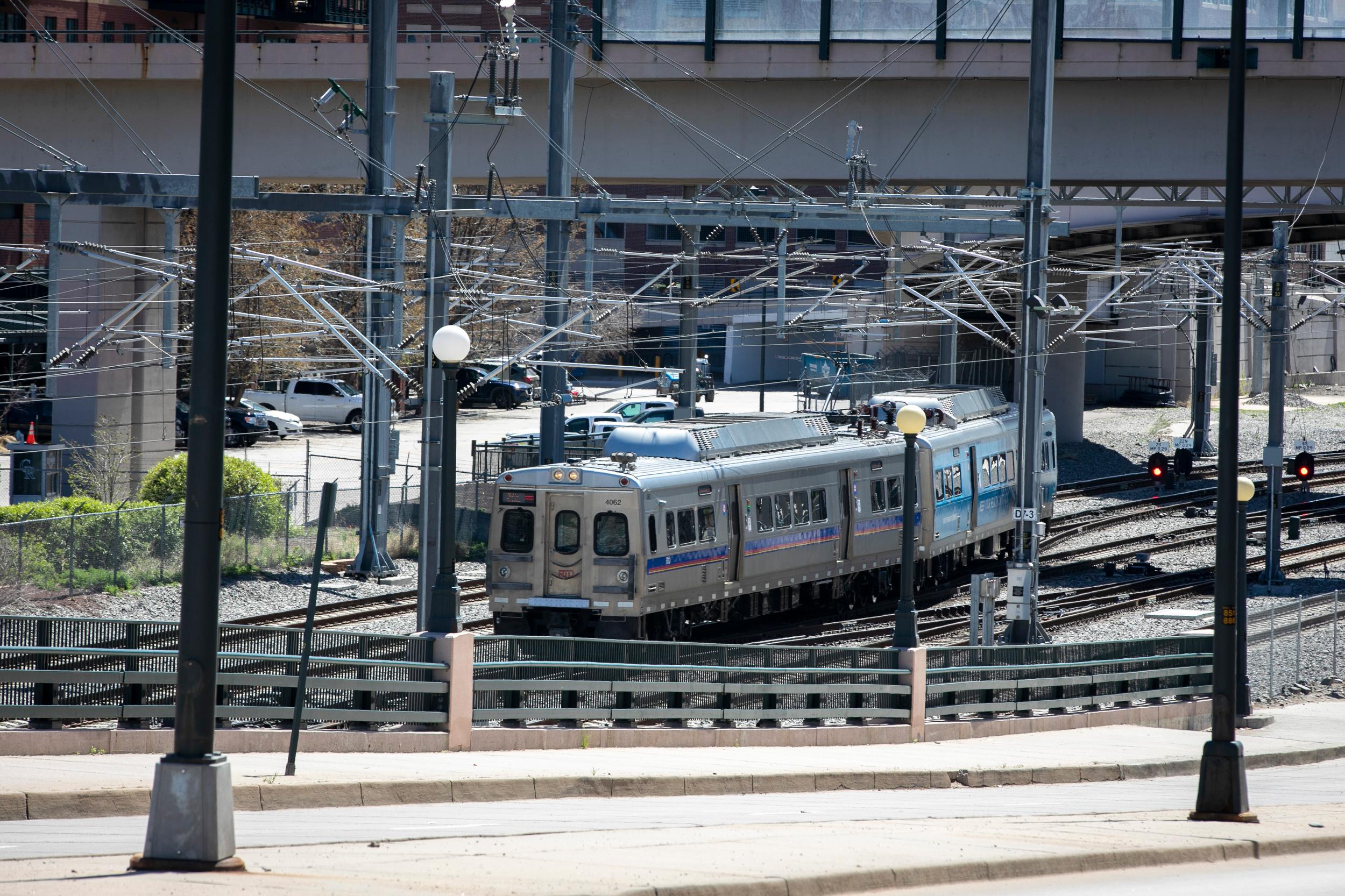
Denver Transit Partners, the contractor that built, maintains and operates most of the Regional Transportation District’s commuter rail lines, has upped the amount of money it's seeking in a legal battle that will go to trial next month.
The new figure is $111 million, $31 million higher than the company’s previous estimate from late 2018. Two Denver Transit Partners representatives did not immediately answer an email asking for the reasons behind the increase.
RTD, which has countersued the company, is seeking $27 million in damages, according to a court document filed this week.
The dispute between the two entities centers over crossing gate issues that plagued the otherwise mostly successful A Line to Denver International Airport for years, and kept the G Line to Arvada from opening until 2019. The B Line’s one crossing is on private land and was never at issue.
State and federal regulators said the A Line’s gates were not working correctly. The gates used a high-tech system to conform to relatively new safety standards, which require using wireless technologies to track trains’ movements and slow them down remotely if necessary
Regulators required the company to post flaggers at every public crossing, adding up to $77 million, the company says. Other costs, including lost profits and consultant fees, bring the total to $111 million. Operators also had to blast horns for nearly three years on the A Line, much to the chagrin of local residents.
Denver Transit Partners claims RTD and the regulators enforced “non-existent” regulations through fees and withheld payments.
“... at nearly every juncture, RTD has acted in its own interest to protect its commercial position and avoid providing just relief to DTP,” the company’s lawyers wrote.
An RTD spokeswoman did not answer questions about how the agency would pay for damages, should a judge rule against it. But RTD is already in a difficult financial situation. It has seen ridership plummet during the pandemic and is currently considering $166 million in budget reductions for next year just to prevent more service cuts.
The RTD board of directors has only discussed the case in private executive sessions in recent months. It’s also set to choose a new leader for the agency Tuesday night.
In previous statements, both RTD and the company have said the legal battle won’t affect service. Their contract calls for Denver Transit Partners to operate the A, B and G lines until 2045. But RTD turned down the company’s offer to operate its newest rail line — the N Line — which is set to open next month.
The trial is scheduled to begin Monday, Sept. 21. A list of potential witnesses includes a slate of current and former executives from RTD, Denver Transit Partners and associated firms, and the Federal Railroad Administration.








